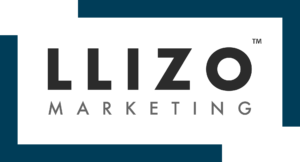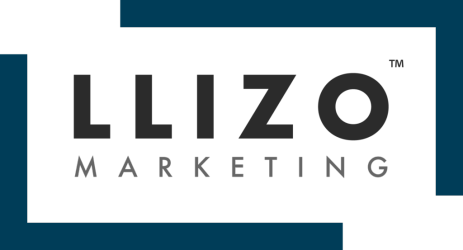
Step two, share your data. Let’s talk through some of the key metrics and data points you should cover. Of course, you can add other data that you think will be helpful.
SEO
For SEO, share high-performance keywords with the paid team. Look at keywords that had the most organic clicks, sessions, conversions, and that drove the most growth. This is helpful because paid keywords are generally more bottom funnel and transactional, so they have a more narrow view. Organic can help them by uncovering new and emerging keyword data.
Another thing to share is optimized organic landing pages. Pages where we’ve optimized metadata and on-page elements can help improve quality score, which can help reduce cost per click.
PPC
Now, let’s talk about paid search data. We can start with Google Ads. Look at the search terms report. This report shows which keywords actual users searched. Focus on conversion rates and cost per conversion. You can download this data into a spreadsheet and find high converting keywords that actual users clicked on. This can help you fill any gaps in your organic keyword list.
For example, many e-comm searches will be split by gender, men and women. If your website sells shampoo for men and women, audience data can tell us which is more likely to convert and, therefore, where we should invest. An example is shampoo for men versus shampoo for women.
Another thing to share is paid landing pages, especially pages that have been tested. For example, often paid search will do testing on title tags. Now, they call them headlines. That data can be very helpful for when you optimize the organic landing pages.
If you liked The Ultimate SEO and PPC Integration Playbook — Whiteboard Friday by Grace Frohlich Then you'll love Miami SEO Expert

